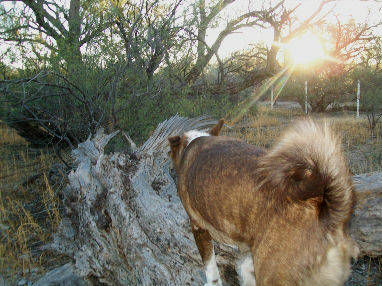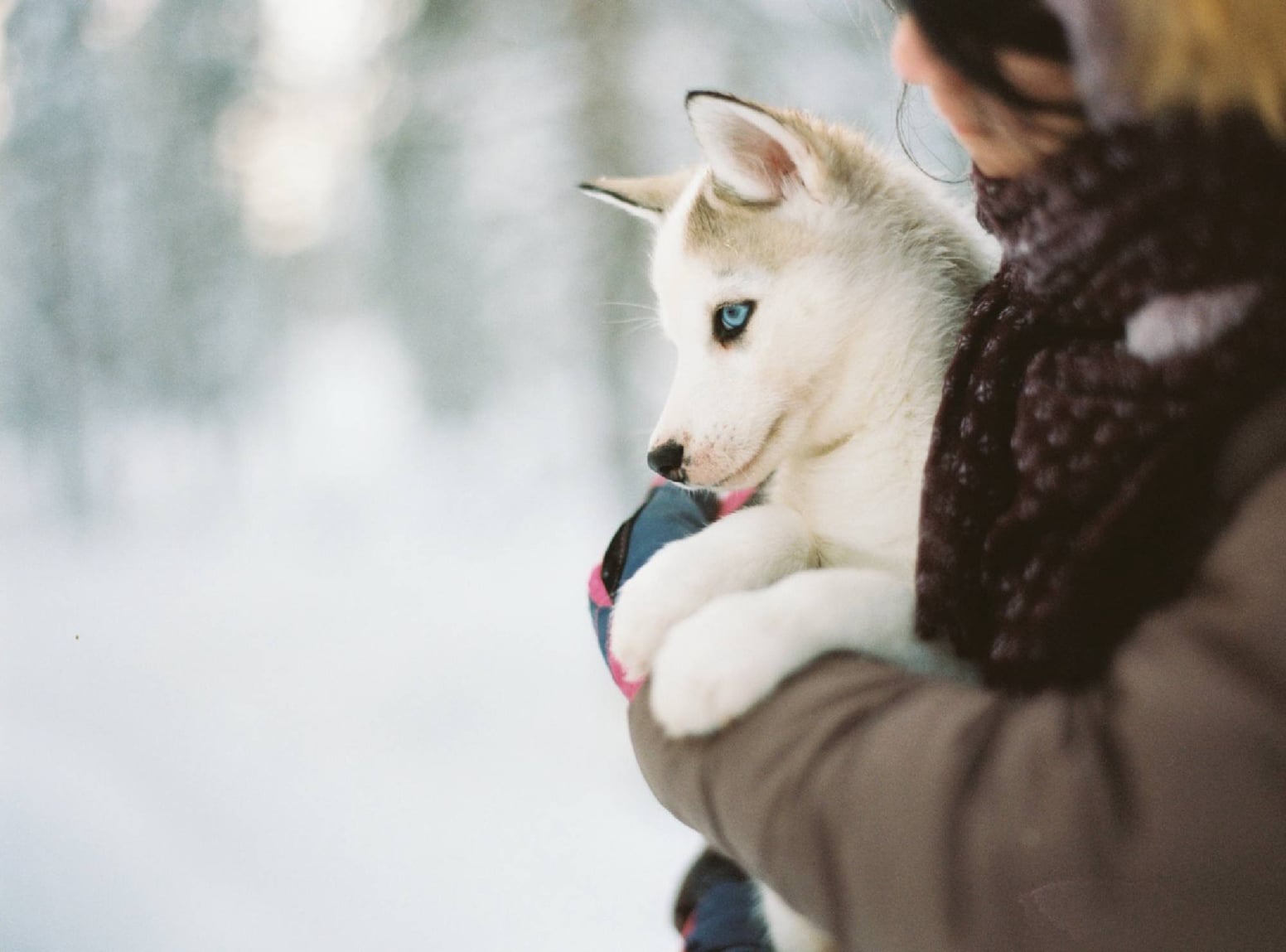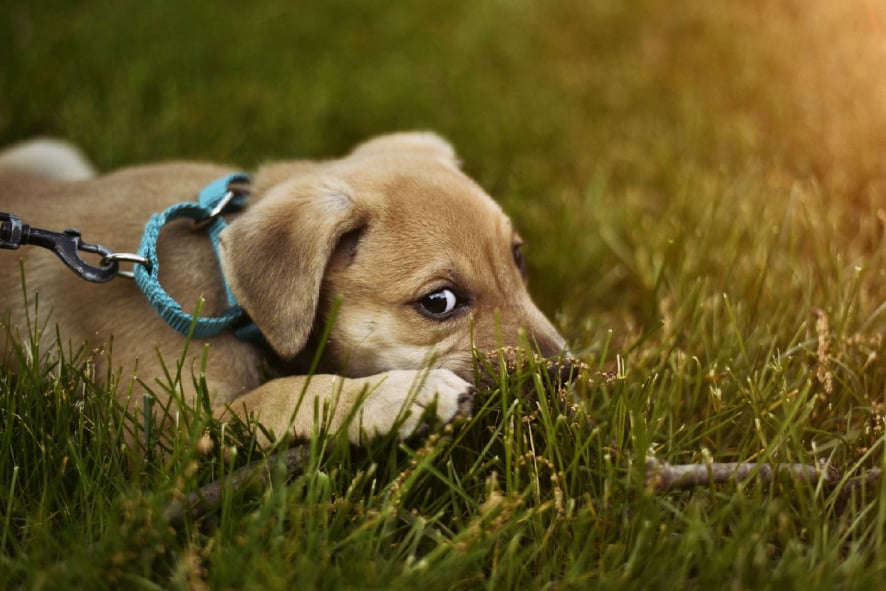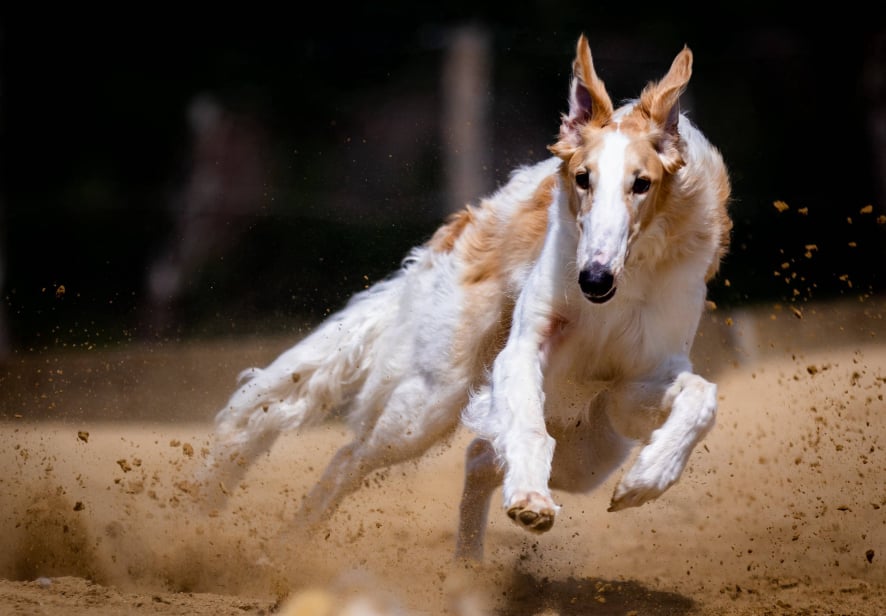
Workshops
A workshop is a long interactive meeting or educational session designed to create a specialized result. Workshops emphasize hands-on interaction.
Workshops are $1000 plus travel costs, food and one nights accommodations.


